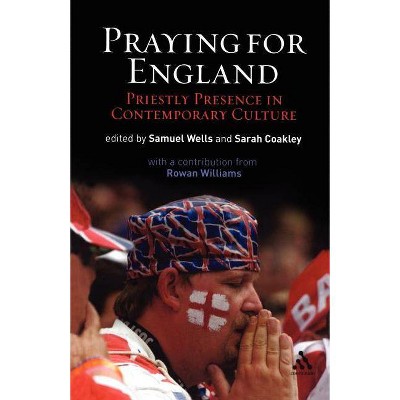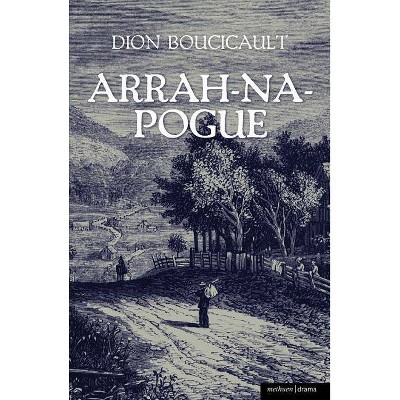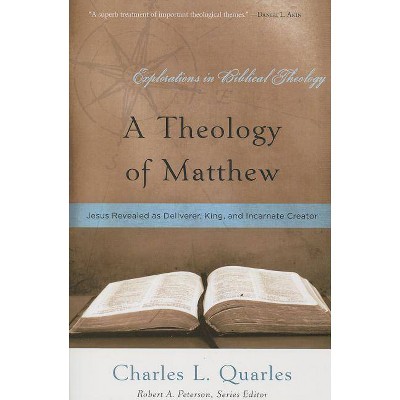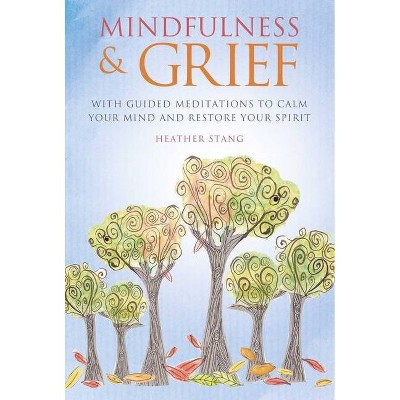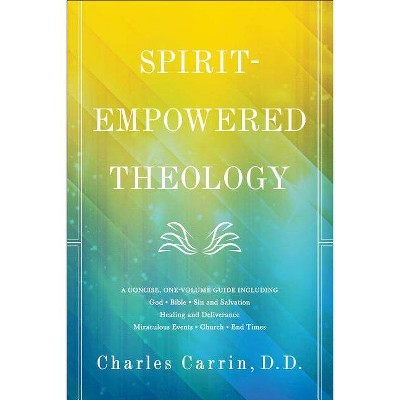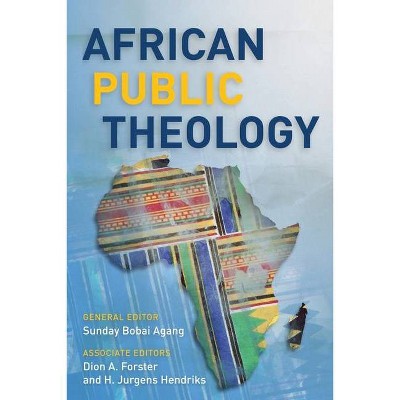Rethink Dion Areopagite - (Directions in Modern Theology) by Sarah Coakley & Charles M Stang (Paperback)
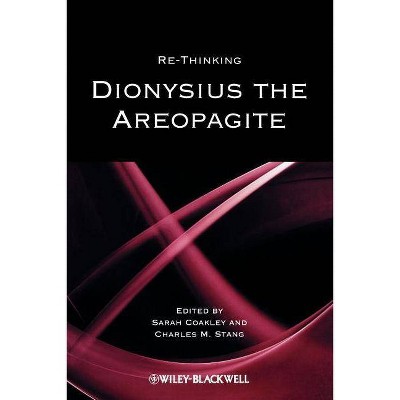
Similar Products
Products of same category from the store
AllProduct info
<p/><br></br><p><b> About the Book </b></p></br></br>Originally published as: Modern theology, v. 24, issue 4, 2000.<p/><br></br><p><b> Book Synopsis </b></p></br></br>Dionysius the Areopagite, the early sixth-century Christian writer, bridged Christianity and neo-Platonist philosophy. Bringing together a team of international scholars, this volume surveys how Dionysius's thought and work has been interpreted, in both East and West, up to the present day. <ul> <li>One of the first volumes in English to survey the reception history of Dionysian thought, both East and West</li> <li>Provides a clear account of both modern and post-modern debates about Dionysius's standing as philosopher and Christian theologian</li> <li>Examines the contrasts between Dionysius's own pre-modern concerns and those of the post-modern philosophical tradition</li> <li>Highlights the great variety of historic readings of Dionysius, and also considers new theories and interpretations</li> <li>Analyzes the main points of hermeneutical contrast between East and West</li> </ul><p/><br></br><p><b> From the Back Cover </b></p></br></br>"Dionysius the Areopagite," the early sixth-century Christian writer who took the name of Paul's first convert in Athens, effected a marriage between Christianity and Neoplatonism which was, from the start, as controversial as it was generative. Today's renewed fascination with Dionysius arises partly from the interest in "apophatic" thought that has occurred in post-Kantian continental philosophy, and partly from the contemporary attraction to "mystical" practice. <p>But the Corpus Dionysiacum is easily misunderstood. A false conflation between post-modern "deferral" and Dionysius' "mystical theology" can easily occur, and little can be properly understood of Dionysius' import until his oeuvre is read as a whole, and through the complex history of his reception in both the East and West. This volume provides a succinct and clear analysis of the original context and intent of the Dionysian writings, and of their subsequent interpretation in Christian tradition, up to the present day.</p> <p><b>About the series<br /> </b>Born out of the journal <i>Modern Theology</i>, the <i>Directions in Modern Theology</i> book series focuses on important theological topics and texts in current debate within the disciplines of historical, systematic, and philosophical theology, while looking at broader contemporary developments from a theological perspective. It analyses notions and thinkers, as well as examining a wide spectrum of "modern" theological eras: from late Medieval through to the Enlightenment and up until the present-day "post-modern" movements. Attracting distinguished theologians from a worldwide base, the series provides a distinguished forum for international debate and a set of invaluable teaching resources.</p><p/><br></br><p><b> Review Quotes </b></p></br></br><br><i>Re-Thinking Dionysius the Areopagite</i> is a helpful tool in navigating the great tidal wave of Dionysian-inspired literature. (<i>Journal of Church History</i>, September 2010)<br /> <br /><br><p/><br></br><p><b> About the Author </b></p></br></br><b>Sarah Coakley</b> is the Norris-Hulse Professor of Divinity at the University of Cambridge. She previously taught at Lancaster, Oxford, and Harvard Universities.<br /> <p><b>Charles M. Stang</b> is Assistant Professor of Early Christian Thought at Harvard Divinity School.</p>
Price History
Price Archive shows prices from various stores, lets you see history and find the cheapest. There is no actual sale on the website. For all support, inquiry and suggestion messages communication@pricearchive.us
